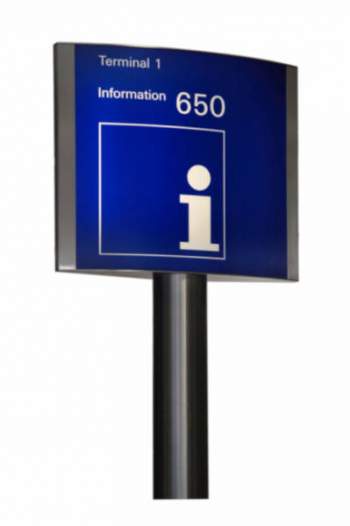
Understanding Stock Futures Market

What is the Stock Futures Market?
In finance, a futures contract refers to a standardized agreement between two parties that affirms the intention to buy or sell an asset of a standardized quantity at a specified future date. To finalize the futures contract the parties must agree to a price on the date of negotiations.
Future contracts are not direct forms of securities like bonds, stocks, rights or warrants, but instead forms of derivatives that represent the same principles found in securities. Similar to a generic stock purchase, the buyer of the underlying asset i assumes the long position and the selling party assumes the short position.
The price of a futures contract is determined through an evaluation of the instantaneous equilibrium between the forces of supply and demand among the competing buy and sell orders within the exchange during the purchase or the exchange of the futures contract.
In many instances, the underlying asset of a futures contract may not take the form of a traditional commodity; finance futures can be securities, financial instruments, currencies and referenced items or intangible assets such as stock indexes or interest rates.
The future date attached to the stock futures market is referred to as the final settlement date or the delivery date. The official price of a given futures contract is established at the end of the trading day’s session and is referred to as the settlement price for the specific day of business on the exchange.
Future contracts are similar to forward contracts; however, they differ in a few respects. For starters, future contracts are exchange-traded and defined on standardized assets. Dissimilar to a forwards contract, the stock futures market typically possesses interim partial settlements in margin requirements. For a generic forwards contract, the net gain or loss achieved over the life of the contract is formally observable on the contract’s delivery date.
A futures contract offers the holder of the agreement the responsibility to receive or send the underlying assets--under the specified terms--of the contract. This characteristic is held in contrast to an option grant, which gives the buyer the right, but not the obligation, to establish an affirmed position previously held by the seller of the option agreement. The owner of an options contract, therefore, may exercise the contract, but both parties must fulfill the contract when it settles.
The seller of a futures contract delivers the underlying asset to the buyer, or if the agreement is a cash-settled futures contract, then the cash is transferred from the futures trader who acquired a loss to the party who obtained a profit. To eliminate the commitment prior to the settlement date, the holder must offset his or her position in the contract by either selling a long position or covering a short position.
Futures contracts are exchange-traded derivatives; the exchange’s particular clearing house acts as the counterparty on all contracts through the establishment of margin requirements and also provides a mechanism for settlement.
NEXT: Stock Market Crash





















